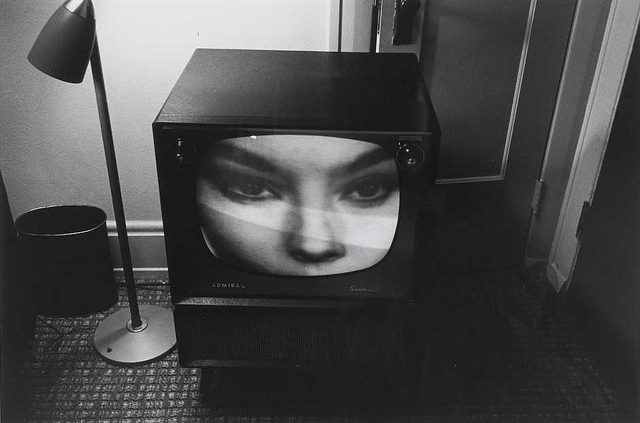Regional Identity refers to the part of the United Kingdom
someone is from. It could refer to a general area such a “north” or “south”, a
country such as “English” or “Scottish” or specific towns such as “London” or
“Manchester.”
There are several regional stereotypes widely seen on
television:
•Scottish – often shown as being money obsessed, won’t pay
for anything, drinks a lot of alcohol, loves the outdoors, wears kilts, eats
haggis, quite aggressive and violent
•Welsh –Often shown as living in the middle of the
countryside, less intelligent, good at singing (Male voice choirs),with people
making jokes about them “shagging sheep”
• Irish – often shown as living in the countryside, working
in rural areas such as farms, being very religious, being good at dancing and
singing (love a good craic), very friendly but less intelligent
• English – often shown as being racist (think St George
cross on houses or cars), obsessed with beer and football living in London.
Sometimes the stereotype goes in the opposite direction of showing English
people as very rich, posh, happy, living in castles and being very “royal.”
•London – There are two main stereotypes of Londoners. One
is that they are often shown as being rich, posh, snobby, upper class, Hugh
Grant types from central or west london. The other is that they often shown as
being from north, east or south London, poor, common, lower class,
criminalistic, violent “Kidulthood” style
•Manchester / Newcastle / Liverpool – Often shown as being
“chavs”, wearing fake designer labels, or tracksuits, drinking a lot, being
aggressive, uneducated, criminals
• Essex – often shown as being glamorous but cheap,
footballer’s wives, lots of partying, being quite stupid
•Yorkshire – Often shown as living in rural countryside,
with rolling hills and cobbled streets, being quite old fashioned (despite
Yorkshire being the biggest county and containing large cities such as: Leeds,
York and Sheffield)
•Cornwall / Somerset – Often shown as being “backwards”,
living in rural areas, working on farms
•South England – often shown as being the centre of culture,
modern, classy, clever, sunny, richer, doing middle class jobs where one
dresses smartly
•North England – often shown as being poorer, bad weather,
lower class, aggressive, less culture, less clever, doing working class jobs
such as builders etc
If you get “regional identity” as an issue in the exam, you
should be thinking about the following things when watching the clip (use these bullet points to analyse the clip):
•Can I identify where the characters are from within the
country?
•Are people from different areas shown as having different
interests, personalities, attitudes, behaviours? If so, how?
• Is their regional identity represented as being important
in their life?
•Are people from particular regions portrayed as being
better, more powerful, than others?
•Are people from particular regions portrayed as being
abnormal /weaker/ more pathetic than others?
•How do other characters in the clip treat the characters
from different regions?
• What is the message the clip is trying to portray about
regional identity?
Discuss the ways the extract constructs representations of regional identity.
- Consider:
- Camerawork/angles/movement
- Sound
- Editing
- Mise-en-scene

